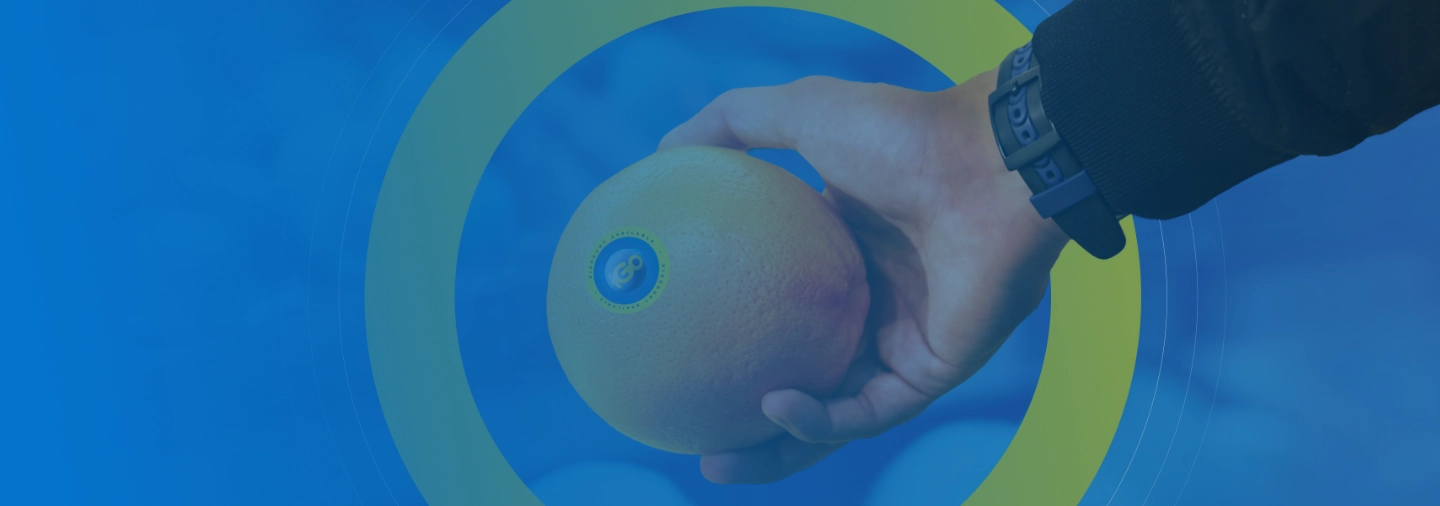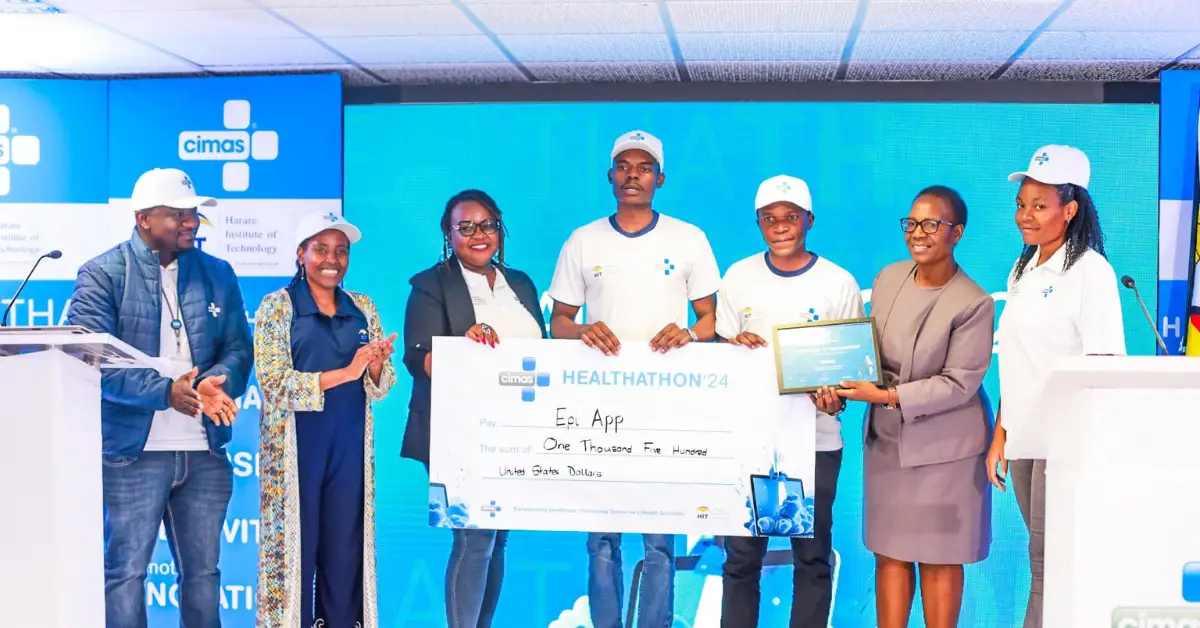Information Communication Technology (ICT), Postal and Courier Services minister Tatenda Mavetera says technology can be a very powerful tool for solving problems, hence the need to embrace it in order to bring innovation in the healthcare sector.
Minister Mavetera said this in a speech read on her behalf by permanent secretary in the ICT ministry DR Beaulah Chirume at the Healthathon 2.0 grand finale hosted by Cimas in partnership with the Harare Institute of Technology (HIT) on November 1.
The healthathon was running under the theme Transforming Healthcare: Pioneering Tomorrow’s Health Solutions.
“Today, healthcare systems around the world face rising costs, growing demands and complex challenges,” Minister Mavetera said.
“To meet these challenges, we need home-grown solutions that are efficient, accessible, and sustainable, which some of you here today may have prototyped for the first time.
“This is indeed the promise of innovation and digital transformation, which is no longer a luxury, but essential.”
“Technology is not just a tool; it is the lifeblood of our development strategies, especially in sectors like healthcare.”
Minister Mavetera said her ministry’s mission aligns closely with the core objectives of his healthathon competition.
“The healthathon showcased the creativity and resourcefulness of young innovators who brought their ideas to address pressing healthcare challenges in the country,” she said.
Minister Mavetera underscored President Emmerson Mnangagwa’s vision of embracing digitisation not just for social media and entertainment, but for critical sectors like healthcare, education, and agriculture.
“Our government is committed to creating an environment that nurtures talent and supports the use of ICT in all sectors, especially healthcare. Healthathon’24 is essential for Zimbabwe as it fosters collaboration between the public and private sectors, academia, and young innovators,” she noted.
“I am inspired to witness the creativity, collaboration, and hard work each of you has put into developing solutions that could reshape the future of healthcare.
“This event represents precisely what our nation needs: a spirit of innovation, a dedication to solving real-world problems, and the courage to push the boundaries of what is possible.”
Cimas Health Group operating officer Mrs Thando Kembo expressed gratitude to all the participants as they contribute to the ongoing investment in technologies that bring health solutions to the country.
“Our purpose is to inspire healthier communities by providing global standard health and wellness solutions,” she said.
“People are living longer due to medical interventions, but now the question is: will we live healthier lives? Initiatives like this Healthathon inspire solutions that not only increase longevity but improve quality of life.”
Mrs Kembo expressed pride in the Healthathon’s emphasis on sustainable health solutions, adding that they are going to pursue all the ideas that were presented even those that did not win.
Cimas Health Group chief information officer, Mr Foster Akaketwa emphasised the significance of the healthathon in advancing healthcare solutions.
“The proposed solutions have the potential to benefit a wide range of Zimbabweans,” Mr Akaketwa said.
“We have seen innovative ideas that leverage AI to tackle costly diseases like cancer and reduce data fragmentation in the healthcare system. By centralising data management, we can improve efficiency and accessibility of healthcare services.”
Mrs Rachel Chikoore, dean of the School of Information, Science and Technology at HIT, commended the students’ creativity and problem-solving skills.
“The healthathon showcased the exceptional talent and innovative spirit of our students,” she said.
“They have demonstrated a keen ability to apply AI to real-world healthcare problems and adapt global solutions to local contexts.”
Ten participants competed in this year’s edition of the healthathon.
The standout project was a digital application called Epi which belonged to three young innovators Munashe Dube from the University of Zimbabwe, Rutendo Gatsi from Trust College and Lincoln Casette, an Electronics Engineering graduate from HIT.
They walked home with US$$1 500.
The Epi application provides real-time monitoring for epilepsy patients.
“Our aim is to enable a more effective and responsive treatment through real time monitoring and communication,” Dube said.
“We want to protect the patient hence the device will warn them before they have an attack so that they can move to a safer place.
Astro secured the second position with their innovative telemedicine platform aimed at enhancing healthcare accessibility in rural regions, earning a prize of US$1,000.
Taking third place was Hypernova, recognized for their AI-powered diagnostic tool that facilitates the early detection of infectious diseases, which earned them US$750.
In fourth place, Eskani Systems created a mobile application focused on medication adherence and patient management, winning a reward of US$500.
Dev Bytes claimed fifth place, receiving US$400 for their digital health solution designed to streamline claims adjudication and identify fraud.





